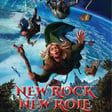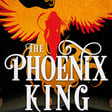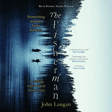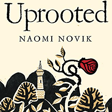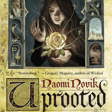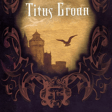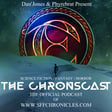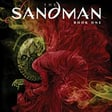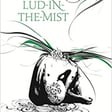
The Left Hand Of Darkness with Emily Inkpen
This month we're talking about one of the all-time classics of science-fiction literature, and arguably the book that demonstrated science-fiction could be literature: Ursula K. Le Guin's The Left Hand Of Darkness, a million-selling Hugo and Nebula winner. We talk about the book's enduring legacy, its approach to worldbuilding, character, and loose(ish) plot, and how the book plays with ideas of light, darkness, a balance of the two, and ultimately, love. We also dig into the book's sexual politics, the extent to which the book is feminist with respect to its portrayals of sex and gender, and the controversies that greeted the book from some surprising sources.
Joining us to talk about Le Guin’s book is the author Emily Inkpen. Emily was born in South London and raised on the South Coast of England, but moved to Glasgow for her university years and now lives in Berkshire. She juggles copywriting for Marmalade Game Studio with writing novels, short stories and audio drama, and is the Social Media Officer for the BSFA.
Elsewhere The Judge talks about monarchies in our writing, particularly pertinent given the recent succession in the UK. We have the winner of the Chrons October 75-word writing challenge, and peace talks at the 43rd Andromeda conference sadly collapse when the discussion turns to the erotic properties of golden eagles. Naturally.
Join us in December for a talk about Christmas ghost stories with the author Alison Littlewood!
Index
[00:00 - ] Emily Inkpen Interview Pt 1
Voicemail 1
The Judge's Corner
Writing Challenge
Voicemail 2
Emily Inkpen Interview Pt 2



